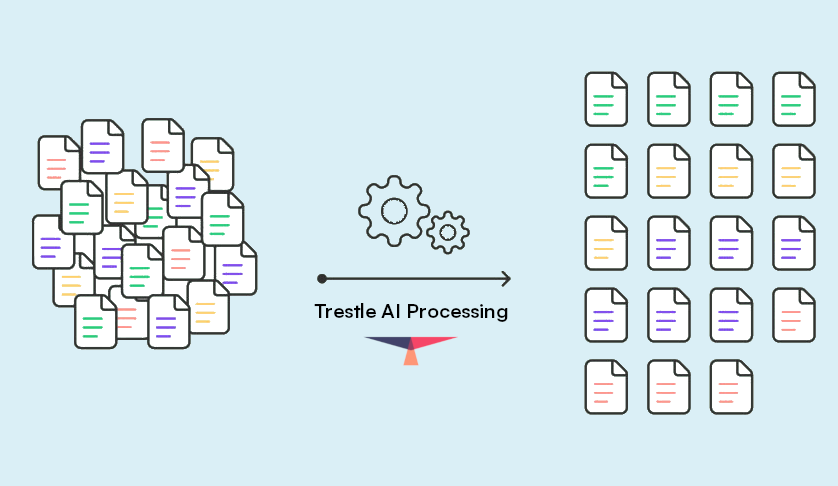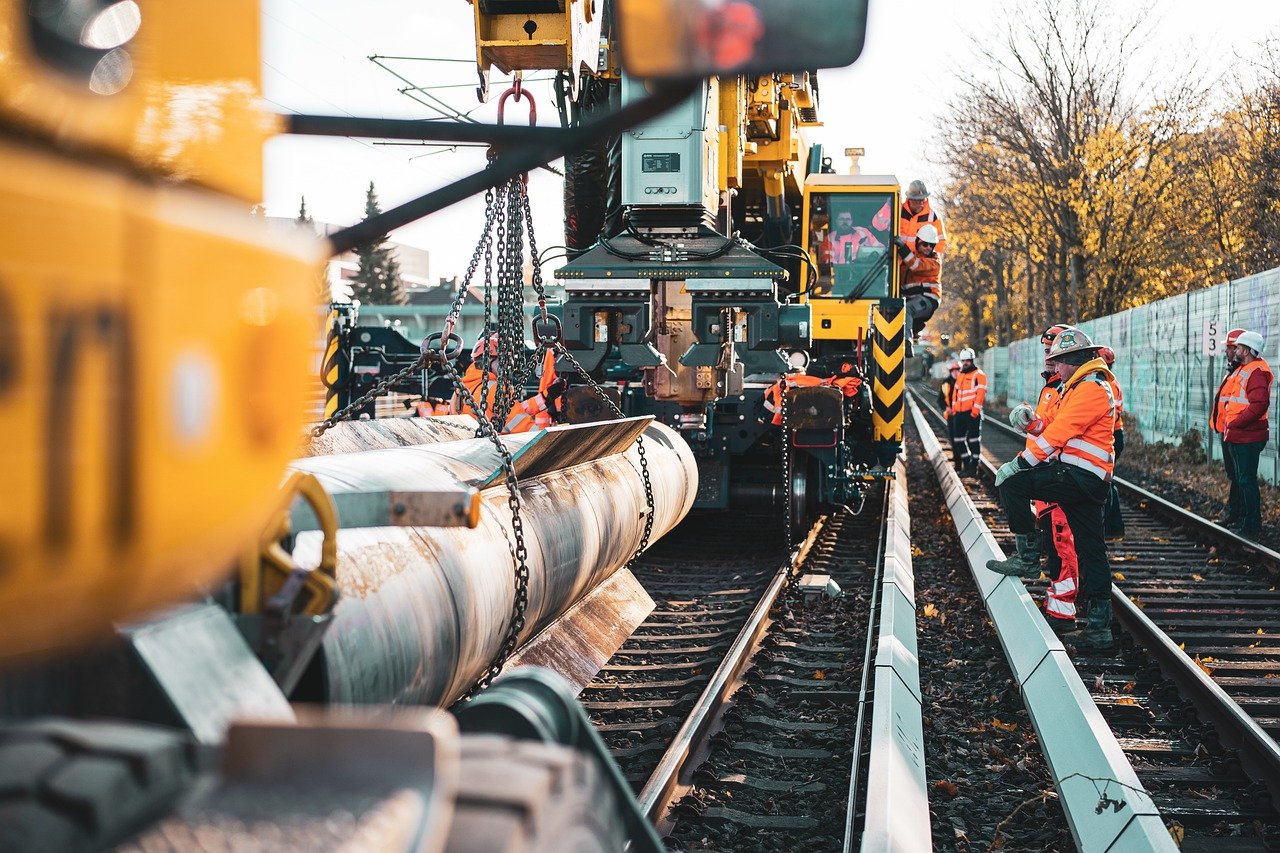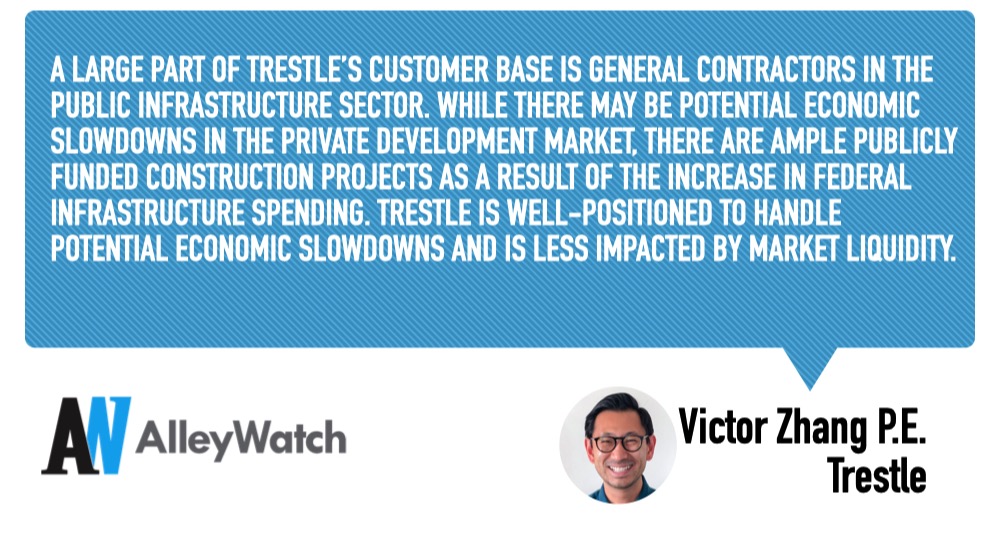Mitigating Construction Risks: The Crucial Role of Monitoring Subcontractor and Supplier Performance


In the dynamic landscape of construction, managing risks is pivotal to the success of any project. While numerous factors contribute to project complexities, monitoring subcontractor and supplier performance stands out as a key strategy for mitigating potential risks. Let's take a look at the critical role of closely tracking these stakeholders, outlining how proactive oversight can safeguard project integrity, minimize liabilities, and ensure successful project completion.
Identifying and Mitigating Potential Bottlenecks Early On:
Streamlining project progress relies on identifying potential bottlenecks before they escalate into significant issues. By actively monitoring subcontractor and supplier performance, construction managers can swiftly address any emerging inefficiencies or delays, thus preventing them from evolving into costly project bottlenecks.
Ensuring Compliance with Safety Regulations and Quality Standards:
Compliance with safety regulations and quality standards is paramount in the construction industry. Regularly monitoring subcontractor and supplier performance allows for the enforcement of stringent safety protocols and adherence to industry-specific quality standards, reducing the likelihood of accidents, structural defects, and subsequent legal liabilities.
Proactive Communication for Conflict Resolution:
Effective communication serves as the bedrock for resolving conflicts and addressing issues promptly. By keeping a close eye on subcontractor and supplier performance, project managers can foster open lines of communication, enabling swift conflict resolution and minimizing the potential for disputes that could derail project timelines and budgets.
Managing Budgetary Constraints and Cost Overruns:
Unforeseen delays and poor performance from subcontractors and suppliers can lead to budgetary constraints and cost overruns. Through meticulous performance tracking, construction managers can identify and address any potential deviations from the budget early on, implementing necessary adjustments to ensure the project remains financially viable and on track for successful completion.
Ensuring Timely Material Deliveries and Resource Management:
Timely material deliveries are crucial for maintaining project momentum. By closely monitoring subcontractor and supplier performance, project managers can ensure that resources are managed efficiently, preventing delays caused by late or inadequate material deliveries and optimizing resource allocation for each phase of the construction process.
Building a Reliable Network of Dependable Partners:
Consistently monitoring subcontractor and supplier performance cultivates a network of dependable partners known for their reliability and adherence to project requirements. Establishing such a network not only reduces the risks associated with subpar performance but also contributes to the efficient execution of future projects through trusted collaborations.
Efficient risk management in construction projects is contingent upon the proactive monitoring of subcontractor and supplier performance. By emphasizing the significance of this practice, construction stakeholders can create a resilient and secure project environment, safeguarding the project's integrity, budget, and timeline. Through meticulous oversight and timely interventions, the construction industry can continue to thrive with increased efficiency, reliability, and trust in the face of potential risks and uncertainties.
Keep Reading





